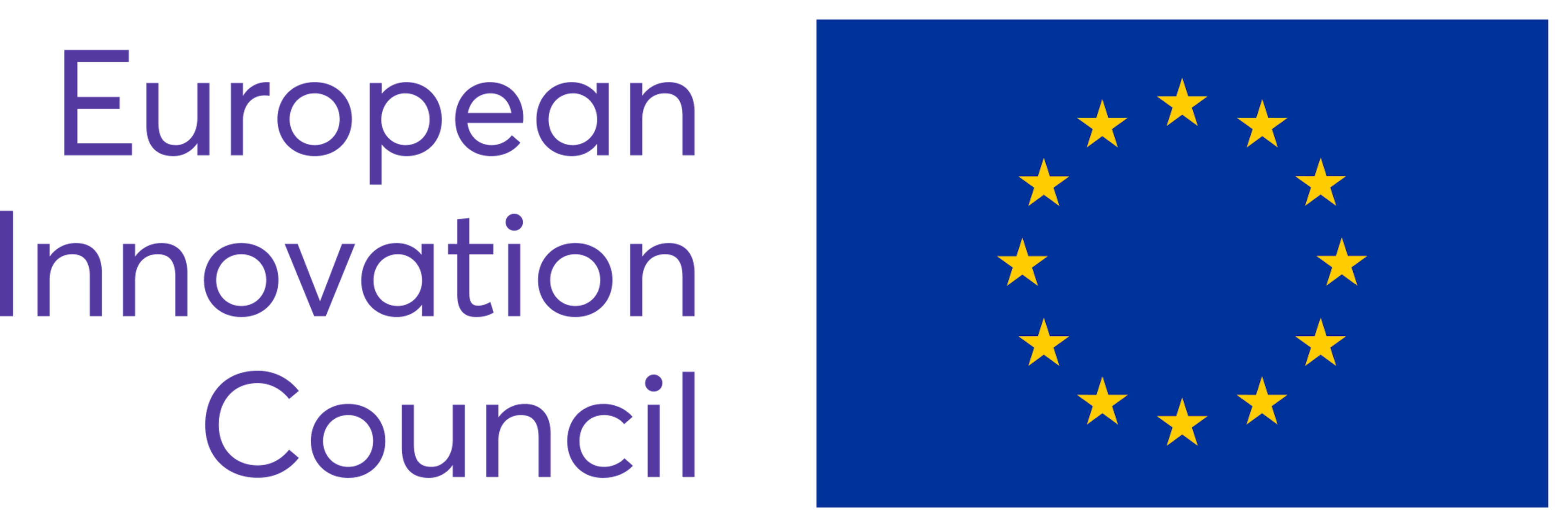Last year, just 11% of venture funding in Europe went to startups led by women, according to Female Foundry. It’s a huge improvement on 2022’s shocking 1%. Still, VCs could be making quicker progress on closing the entrepreneurship gender gap.
So how can we speed things up?
Governments and public bodies could hold the key, argues Ana Barjasic, a European Innovation Council (EIC) board member and the founder of Connectology, a company that runs programmes that help startups get investment-ready.
She thinks this because governments have the power to introduce policies that benefit women entrepreneurs, such as improving childcare support or setting up instruments that actually allocate money — the thing that truly powers businesses and innovation — to women-led teams. And if they can demonstrate that it’s possible to accelerate the pace at which the entrepreneurial gender gap is closing, it will send an important message to private investors: no more excuses. Barjasic says in 2023, 25% of the EIC’s funding went to women-led startups.
Here, she explains how governments and other public bodies can challenge their own gender biases when it comes to funding women-led innovators — and what they can learn from the EIC’s success.
Sifted: What are the barriers women face in entrepreneurship?
Barjasic: It’s a multi-faceted issue. The main barriers are gender bias, a lack of funds and then a lack of infrastructure. The whole industry is very male-dominated and in the networks where decision-making is happening, there are not too many women participating.
Can you share an example of how gender bias reveals itself?
Connectology did a randomised controlled trial with over 200 investors from 20 countries, where we exposed them to various investment scenarios. We saw that investors who are men tend to give women mentorship as their first choice of support, whereas men entrepreneurs are more likely to give grants or equity funding.
"In my view, the insistence of having women over-mentored is a waste of time for women. The organisations that want to support women entrepreneurs and innovators need to put their money where their mouth is."
All entrepreneurs need mentorship. [But these findings] portray women entrepreneurs as deficient and more in need of mentorship. In my view, the insistence on having women over-mentored is a waste of time for women. The organisations that want to support women entrepreneurs and innovators need to put their money where their mouth is.
How can governments help fix these problems?
Having such a low percentage of women funded by private investors [demonstrates] is a market failure. Governments, the EU and other organisations should step in and fix this market failure.
They should direct funding, like the EIC is doing, into supporting women entrepreneurs and investors. Education is also something that needs to be there by default, and we need to see more examples and success stories. Representation matters. More infrastructure like paternity leave and [better] kindergartens (child care) will facilitate access and remove barriers for women.
"The fact we have such a low percentage of women funded by private investors [demonstrates] a market failure. Governments, the EU and other organisations should step in and fix this market failure."
But first of all, governments, national agencies and pan-European organisations need to remove gender bias from their decision-making processes when money is being allocated. Public organisations can also create incentives and rewards for women-led teams to apply. It’s controversial, but whenever we talk about positive discrimination or gender quotas, it’s important to understand that the system isn’t meritocratic. If it was, we wouldn’t have this market failure.
Has the EIC managed to remove this bias?
We did a study and, thankfully, we didn’t find any bias in our evaluation process. The study was conducted with experts from London School of Economics as a randomised controlled trial, where everyone got the same business case, but with a different country and gender of the CEO and composition of the team.
More than 400 evaluators and jury members were part of this study, and we found there was no bias towards women in the evaluation process. It’s different to what’s out there compared to other private investment organisations. I’m so happy with the result, but we do, of course, need to keep monitoring it.
How has this been achieved?
First, we have gender balance across the board, so there are a lot of women evaluators and jury members. Second, the EIC wants to be at the forefront of the market and so it’s our duty to fix this market failure.
"We need all hands on deck when it comes to improving the world that we live in"
There is also a general acceptance that women are the future of innovation. One hundred years ago, how many women were being educated to carry out technical or technological related work? Now those numbers are increasing and in the coming decades, that will naturally translate to higher numbers of women innovators and entrepreneurs.
But we need to accelerate this process. We need all hands on deck when it comes to improving the world that we live in. It’s not a question at the EIC at all when it comes to the value that women innovators bring.
How else does the EIC set an example on this topic?
The EIC is at the forefront in the EU with programmes [that support women entrepreneurs]. We have specific programmes that cater to women innovators like Women TechEU, and we have a leadership programme that supports women from our portfolio companies. We also have the European Prize for Women Innovators which honours successful women with interesting scientific backgrounds or achievements in the entrepreneurial world.
At the EIC, there is a priority for women CEOs to be invited to interviews at the accelerator, and that has increased dramatically the number of women that have benefitted from funding. In 2023, 25% [of the companies funded by the EIC] were women-led, and since 2021, the EIC has invested around €850m in women-led companies.
Throughout 2024, we are also working on a gender diversity index. That project is just starting and it means there’s going to be even more data that’s publicly available about all of these initiatives. It will be a comprehensive package that will give signals to the private market about what is expected of them.




